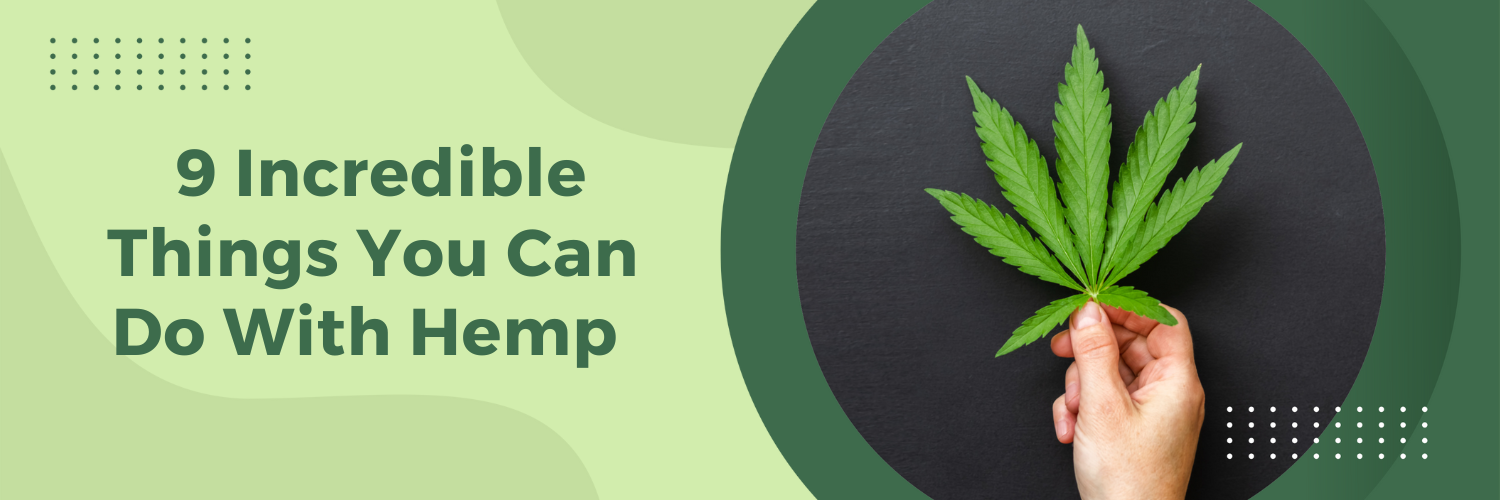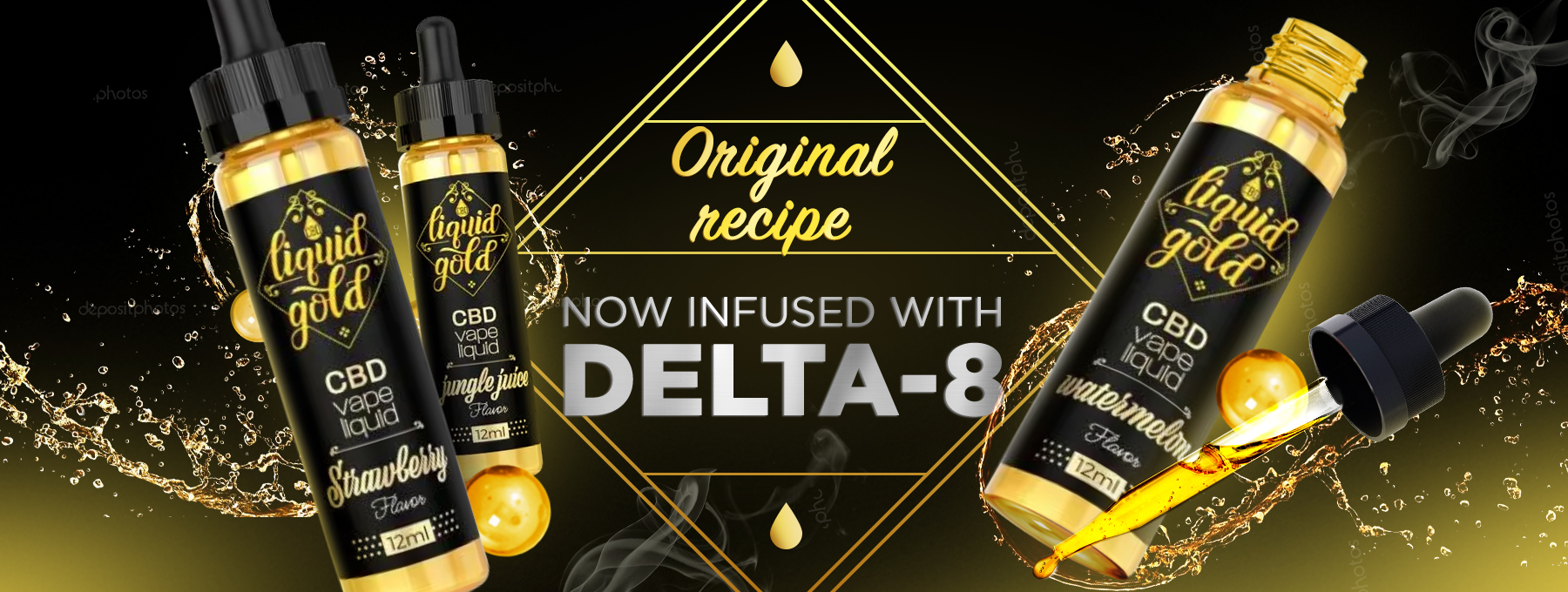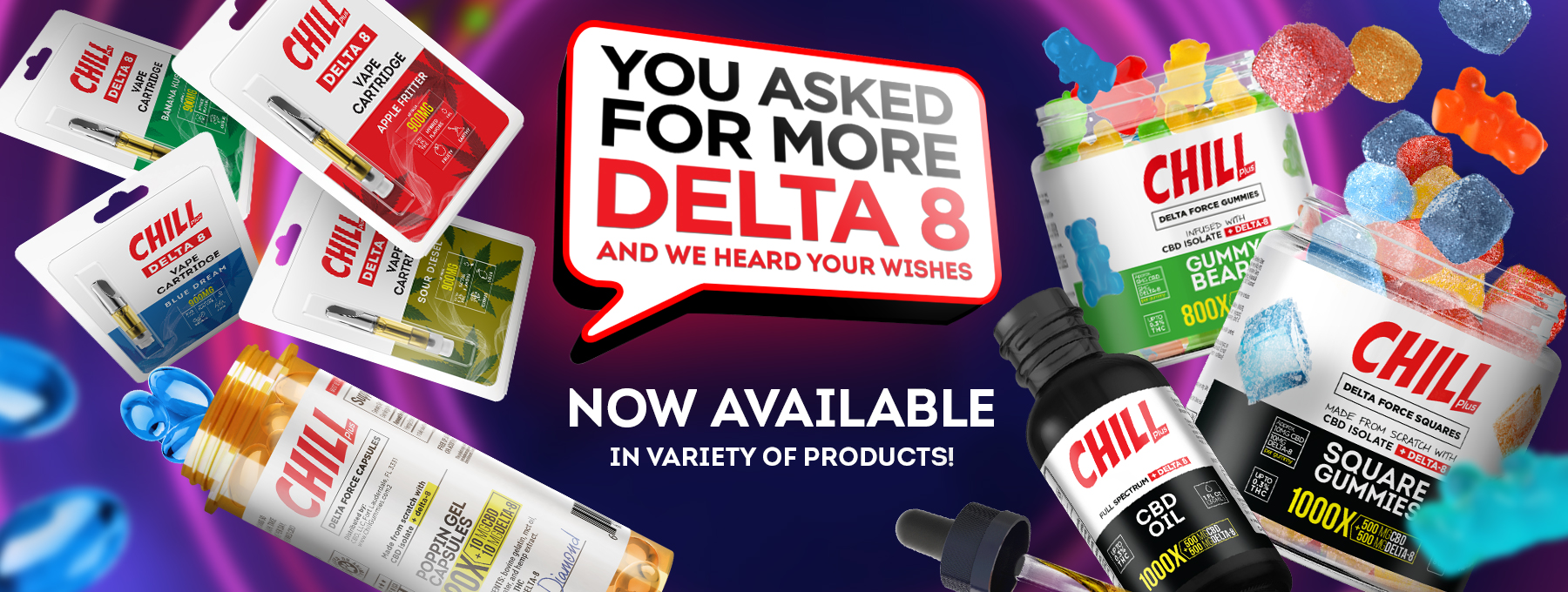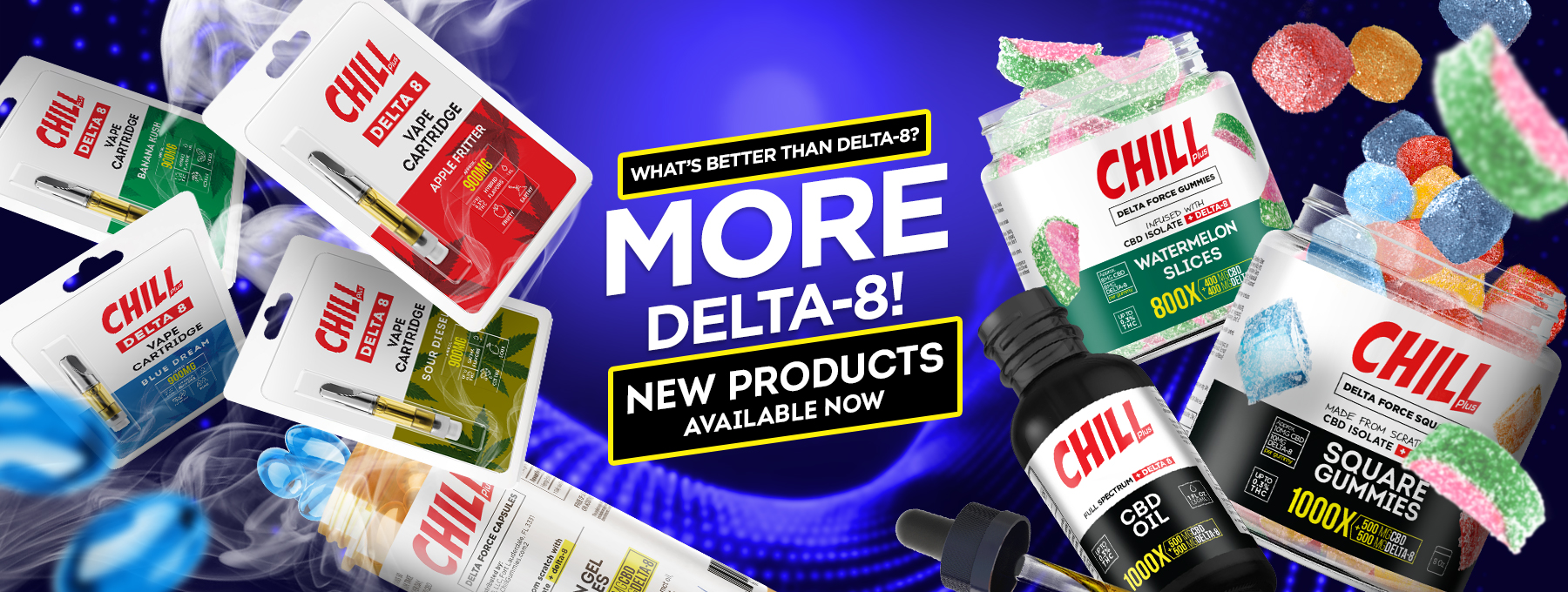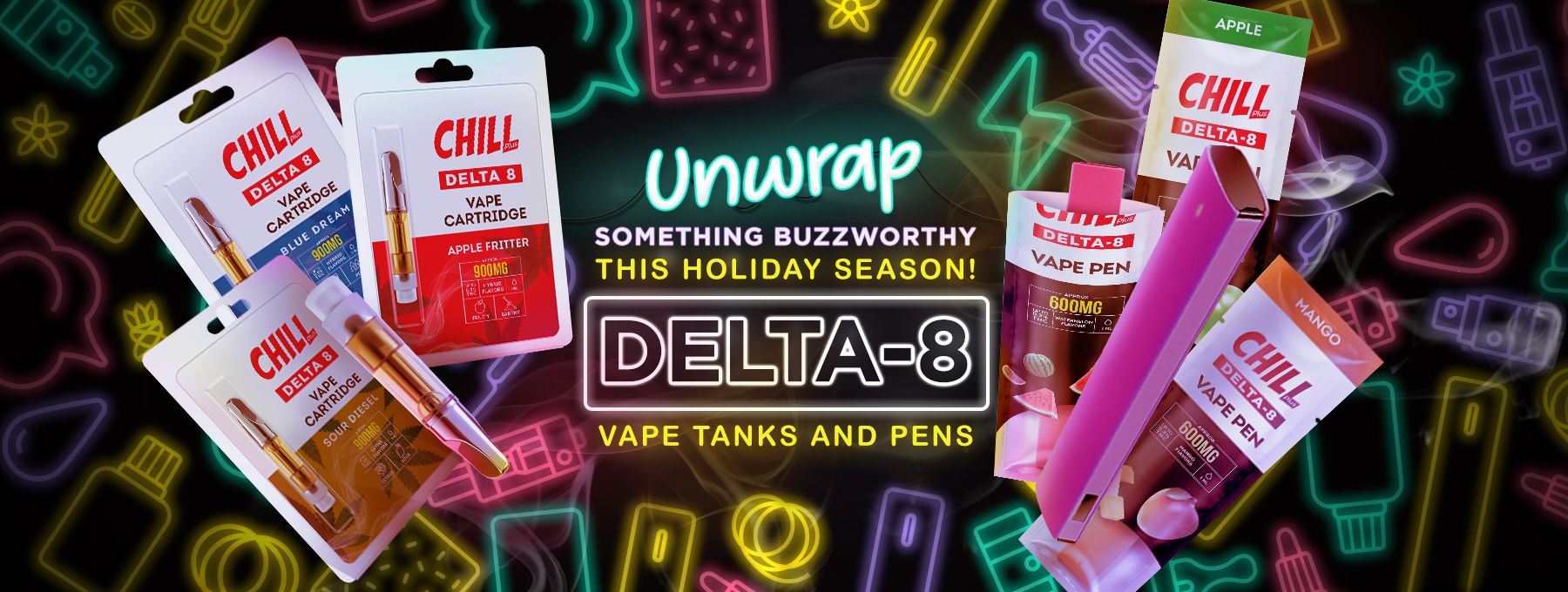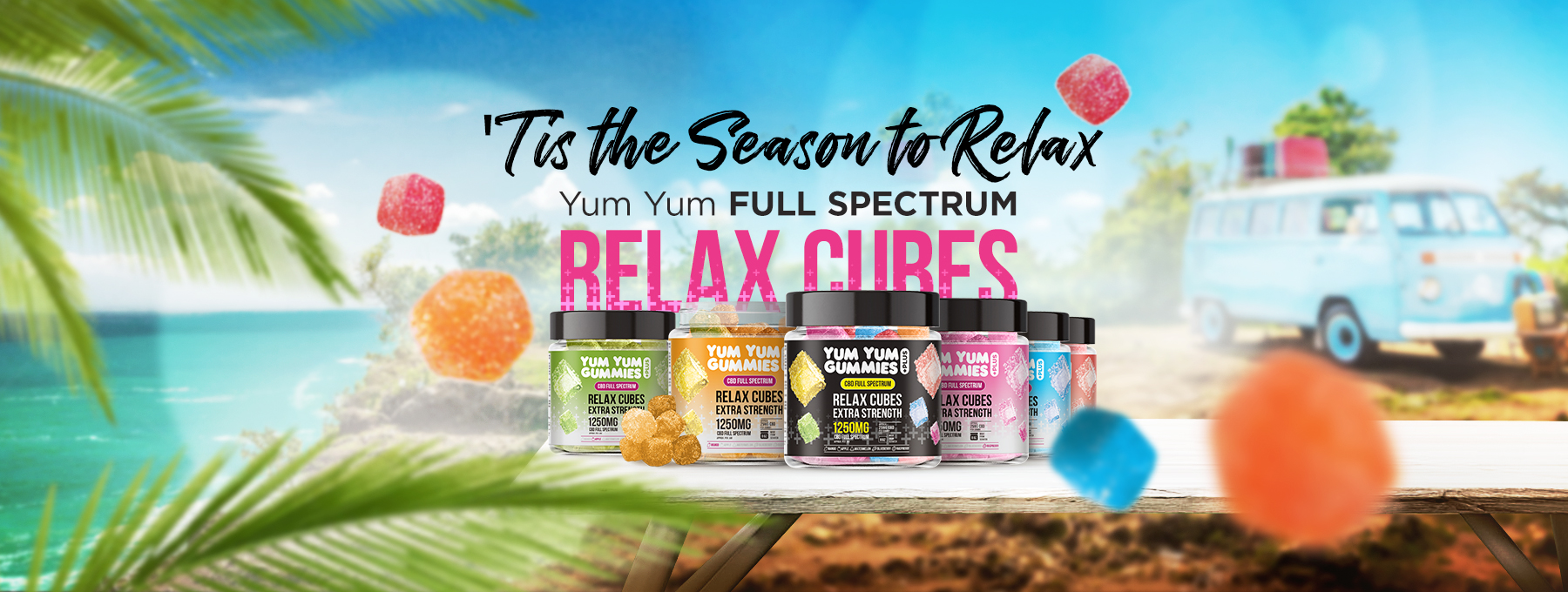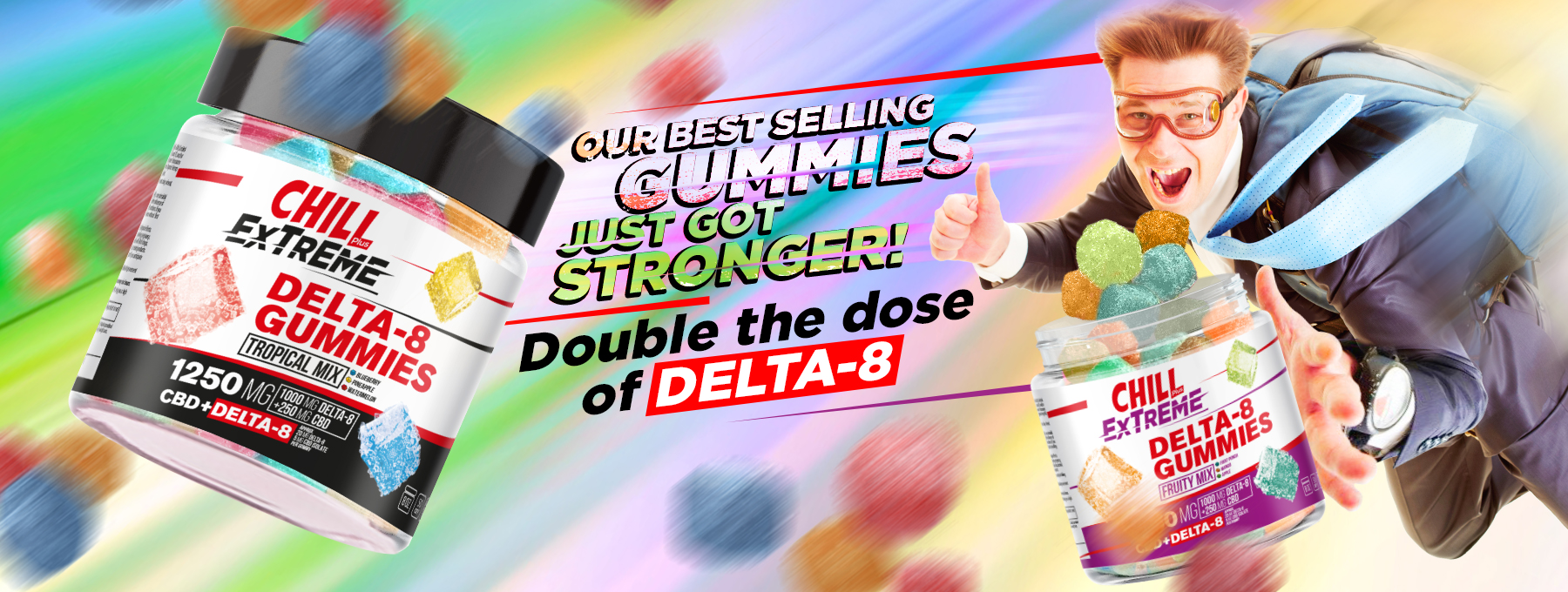#1 Hemp’s Ecological Impact and Versatility
Hemp stands out for its eco-friendly qualities, making it a remarkable option for sustainable agriculture. Firstly, hemp requires minimal water compared to traditional crops like cotton, making it more drought-tolerant and reducing strain on water resources. Additionally, hemp grows rapidly and densely, naturally crowding out weeds, eliminating the need for harmful pesticides and herbicides.
Furthermore, every part of the hemp plant can be utilized, showcasing its remarkable versatility. Hemp seeds are a rich source of essential nutrients, including protein, omega-3 fatty acids, and minerals. Hemp fibers from the stalks are sturdy and durable, making them ideal for textiles, rope, and even construction materials. The leaves and flowers can be used in medicinal applications, including CBD extraction.
#2 Hemp as a Superfood
Hemp seeds are often hailed as a superfood due to their impressive nutritional profile. They are an excellent source of complete protein, containing all nine essential amino acids that the human body cannot produce on its own. In addition to protein, hemp seeds are rich in healthy fats, particularly omega-3 and omega-6 fatty acids, which promote heart health and support brain function.
Incorporating hemp seeds into your diet is easy and delicious. They can be sprinkled on top of salads, blended into smoothies, or used as a crunchy topping for yogurt and granola. The nutty flavor of hemp seeds enhances various dishes while adding a nutritional boost to your meals.
#3 Hemp Textiles and Fashion
Hemp fibers have made a resurgence in the textile industry, and for good reason. Compared to conventional fabrics like cotton, hemp requires significantly fewer resources for cultivation. It thrives without the need for excessive water and is naturally resistant to pests, reducing the demand for harmful chemicals.
Hemp-based clothing and fashion products have gained popularity due to their sustainability and durability. Hemp fabrics are breathable, hypoallergenic, and antimicrobial, providing comfortable and long-lasting clothing options. By choosing hemp textiles, consumers can actively support environmentally friendly fashion practices, reducing the fashion industry’s negative impact on the planet.
#4 Hemp for Sustainable Construction
Hemp’s role in sustainable construction is gaining traction. One of the most promising applications is hempcrete, a lightweight and insulating building material made from hemp hurds (the woody core of the hemp stalk) mixed with lime and water. Hempcrete offers excellent thermal insulation properties and is carbon-negative, meaning it absorbs more carbon dioxide than it emits during production.
Additionally, hemp fibers can be used as insulation materials, providing an eco-friendly alternative to conventional insulation made from harmful chemicals. By incorporating hemp-based materials in construction, we can significantly reduce the carbon footprint of buildings and promote greener, more sustainable infrastructures.
#5 Hemp’s Potential in Biofuel Production
Hemp seeds and stalks show promise in biofuel production, offering an environmentally friendly alternative to fossil fuels. Hemp biofuel can be processed into biodiesel, which can power vehicles and machinery without producing harmful emissions like conventional fossil fuels.
The sustainability of hemp biofuel lies in its ability to sequester carbon dioxide from the atmosphere during the hemp growth process. This carbon dioxide is then released back into the atmosphere when the biofuel is burned, resulting in a closed carbon cycle that does not contribute to the greenhouse effect like burning fossil fuels.
#6 Hemp in Papermaking
Hemp has a long history in paper production, and its benefits over traditional wood-based paper are remarkable. Hemp grows much faster than trees, reaching maturity within months, whereas trees take years to grow. Consequently, hemp paper production requires significantly less land and time, reducing deforestation and promoting sustainable forestry practices.
Hemp paper is also more durable than conventional paper and does not yellow or deteriorate as quickly. Its long lifespan means that it can be recycled and reused more effectively, further reducing the strain on natural resources.
#7 Hemp in Medicine and Health
One of the most notable components of hemp is cannabidiol (CBD), a non-psychoactive compound with potential health benefits. Research on CBD’s effects on various medical conditions, including anxiety, chronic pain, and epilepsy, is ongoing, and many individuals have reported positive results from using CBD-based products.
Apart from CBD, hemp also contains other cannabinoids and terpenes that may contribute to its therapeutic effects. As research progresses, the medical community is increasingly recognizing hemp’s potential to offer alternative treatments and improve overall well-being.
#8 Hemp as a Soil Remediator
Hemp’s unique ability to absorb pollutants and contaminants from the soil makes it a valuable tool in remediation efforts. Known as phytoremediation, this process allows hemp to remove heavy metals, toxins, and pollutants from contaminated soil, effectively cleaning up polluted areas.
In addition to its remediation properties, hemp’s deep root system helps improve soil structure, prevent erosion, and enhance nutrient uptake for surrounding plants. Utilizing hemp in sustainable agriculture practices can lead to healthier soils, reduced pollution, and more productive farmlands.
#9 Hemp-Based Plastics
As the world seeks alternatives to traditional plastic products that contribute to pollution and environmental degradation, hemp-based plastics are emerging as a viable solution. These bioplastics are made from hemp fibers and biodegradable polymers, making them more eco-friendly and less harmful to the environment.
Hemp-based plastics have various applications, from single-use items like straws and utensils to durable products like car parts. As we transition to a more sustainable future, hemp-based plastics offer a critical step towards reducing plastic waste and its detrimental impact on the planet.
Conclusion

As we continue to explore the incredible possibilities of hemp, it is evident that this versatile plant holds the key to a more sustainable and environmentally conscious future. If you’re interested in experiencing the benefits of hemp firsthand, I encourage you to check out the products offered by Leaf Alleviate.
They provide a range of high-quality hemp-based products, from superfood hemp seeds to sustainable and fashionable clothing. Take a step towards a greener lifestyle and learn more about Leaf Alleviate’s offerings to discover how hemp can make a positive impact on your life and the planet. Visit their website now to explore their collection and join the movement towards a more sustainable future powered by hemp. Together, we can make a difference.
FAQs
Q: What is hemp, and how is it different from marijuana?
Hemp and marijuana are both varieties of the Cannabis sativa plant, but they have distinct differences. Hemp contains minimal amounts of THC (tetrahydrocannabinol), the psychoactive compound responsible for the “high” associated with marijuana. In contrast, marijuana has higher THC levels, which are used for recreational and medicinal purposes.
Q: Is hemp cultivation legal worldwide?
Hemp cultivation legality varies from country to country. In some regions, hemp cultivation is legal and regulated for industrial purposes, while in others, it remains prohibited or restricted due to its association with marijuana.
Q: Does using hemp products have any psychoactive effects?
Hemp products, including those containing CBD, do not produce psychoactive effects because they contain only trace amounts of THC. They are non-intoxicating and considered safe for consumption.
Q: How can I incorporate hemp seeds into my diet?
Hemp seeds can be added to various foods, such as smoothies, yogurt, salads, or sprinkled over dishes. They have a nutty flavor that complements many recipes and can enhance both taste and nutritional value.
Q: Can hemp products cause allergies?
While hemp allergies are relatively rare, some individuals may be sensitive to hemp seeds or other hemp-derived products. If you experience any adverse reactions after consuming hemp products, it is advisable to consult with a healthcare professional.

